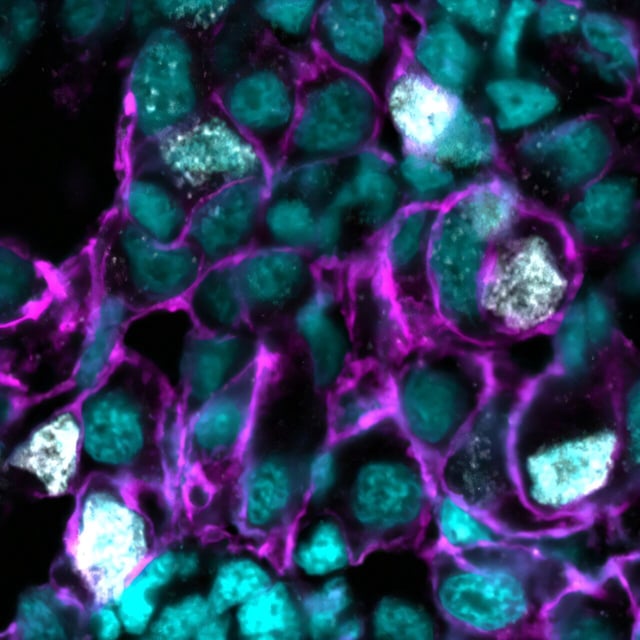Overview
- Inhibition of the RNPC3 spliceosome component causes DNA lesions that activate the p53 pathway in cancer cells while leaving normal tissues largely unharmed.
- This approach significantly reduced tumor growth in KRAS-mutant liver, lung and stomach cancer models.
- Peer-reviewed findings published in EMBO Reports validated minor splicing inhibition across zebrafish, mouse and human lung cancer cells.
- A National Drug Discovery Centre screen of over 270,000 drug-like molecules has identified several promising minor splicing inhibitor hits.
- Researchers are advancing these lead compounds toward the development of targeted therapies for cancers that have historically resisted direct KRAS inhibition.
